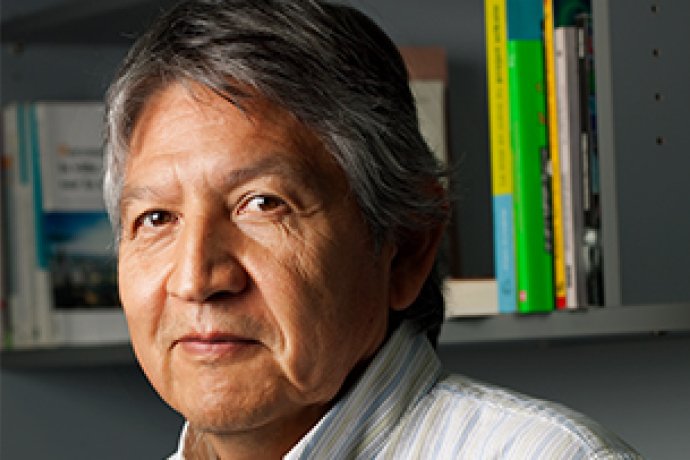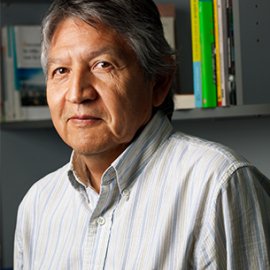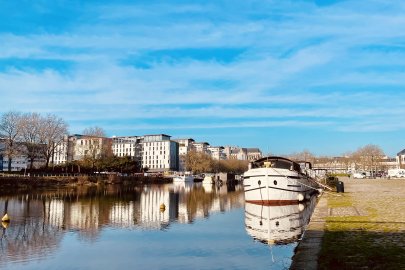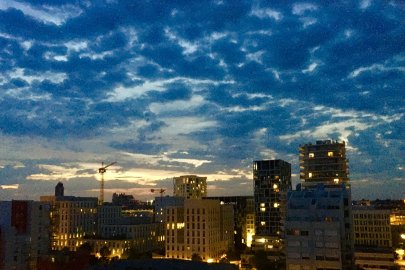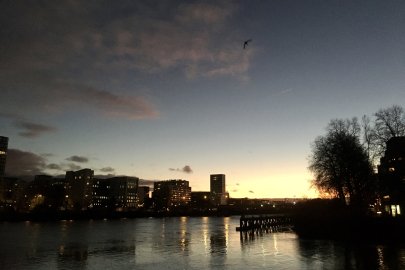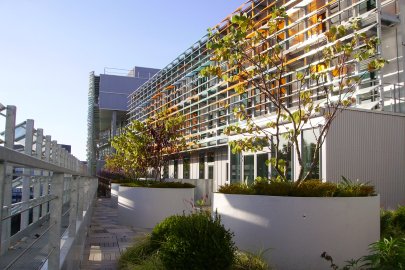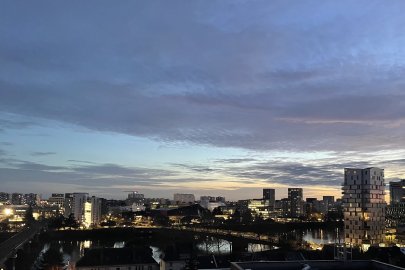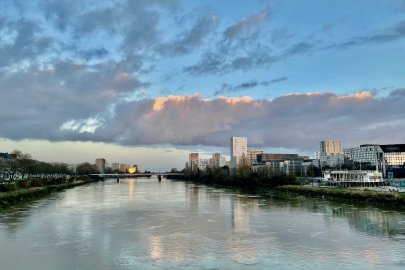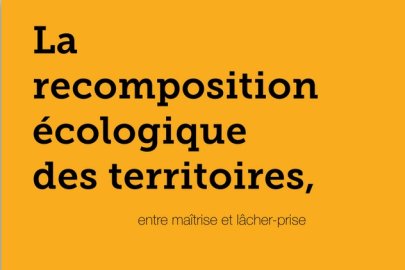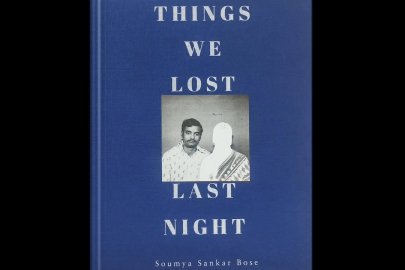Inhabiting the world differently
Salvador Urrieta Garcia
We live in a predominantly urban world, where most of the population lives in cities. We need to visualise the future of the planet in the same way.
Today we see an unequal world where powerful, hegemonic countries live side by side with poor, isolated ones. Life in cities is also unequal: there are rich cities, poor cities and others that are barely surviving. We can say that a process of urbicide has occurred, because the traditional idea of the city has become anachronistic for the financial economic systems that govern us, and with it, all the human meaning sought in cities for millennia also seems anachronistic.
The notion of time has changed, reaching in some cases the vertigo of speed in everyday instantaneous life, supported by ICTs and changing the idea of social relationships, in an urban universe driven by a function of networks and the use of electronic devices.
Many residents expect problems to be solved by technology, and even more so by artificial intelligence, rather than by human use.
With the practice of daily life in cyberspace, the city becomes dematerialised, the population becomes deterritorialized, the urban life of human contact is lost and with it, the organic life of neighbourhoods. All of this is nuanced by local contexts (social, economic, cultural, etc.).
On a global scale, imponderables such as COVID-19 and the effects of climate change are emerging to make us think about the world we live in. For example, we have floods, fires and droughts that change the lives of many people, causing thousands of people to migrate in search of a better way of life (and often just to survive), and they move painfully from one city to another.
If these natural events that turn into man-made disasters have shown us anything, it's the need to get back to life as a community, because the best way to deal with disasters is proactive solidarity, not reactive competition. This principle has been present since the genesis of cities, and it comes to the fore today when we have to think about the future of cities and the vicissitudes that will inevitably ensue.
In the face of this panorama, we call on history: for example, in the 16th and 19th centuries, the actions guided by the utopian concepts of the time, which were carried out to reshape the course of societies and their cities. This is why we are asking ourselves: how can we create new utopias for the future?
It seems to us that every city (and possibly every neighbourhood) needs to build its own utopia, based on social innovation, that seeks to harmonise the different urban realities from the bottom up, recognising the other, weaving a truly more human urban world, with interdisciplinary thinking and taking account of the essential rather than the superfluous (often a product of consumerism). Because the socio-cultural world is diverse, we need to inhabit it in a collaborative and participatory way.
